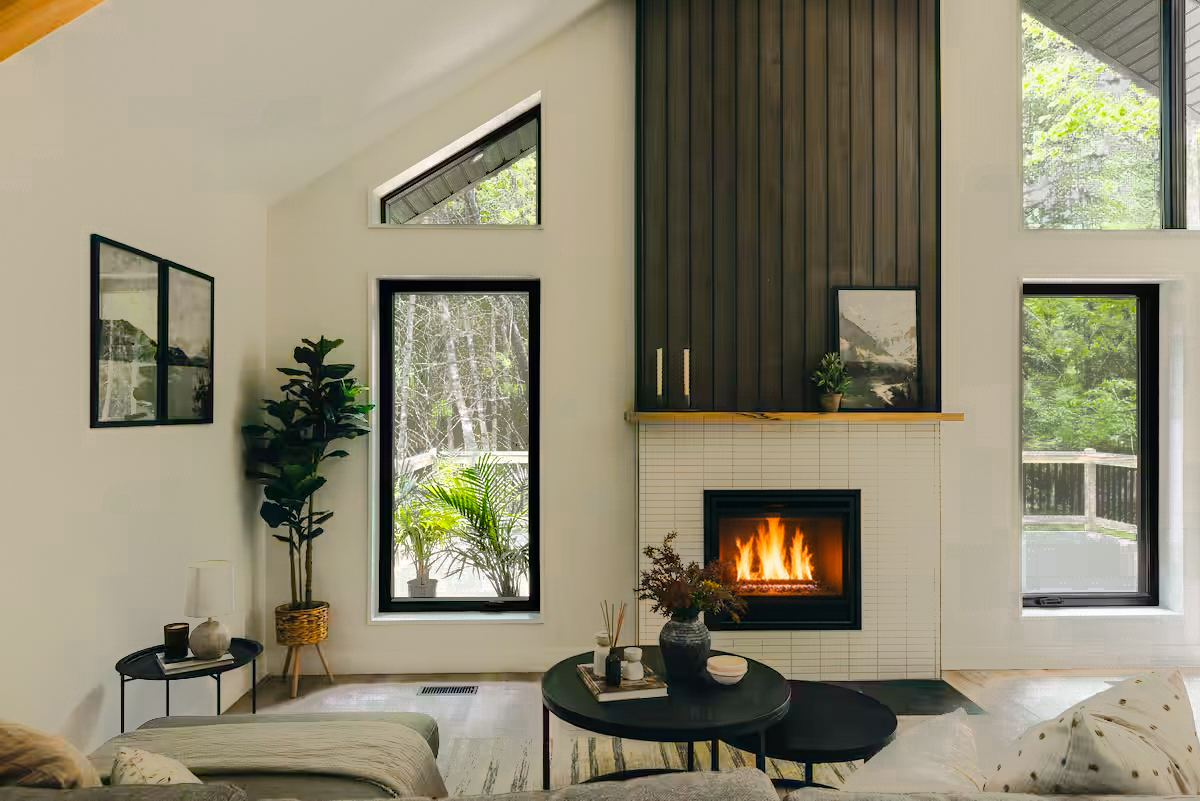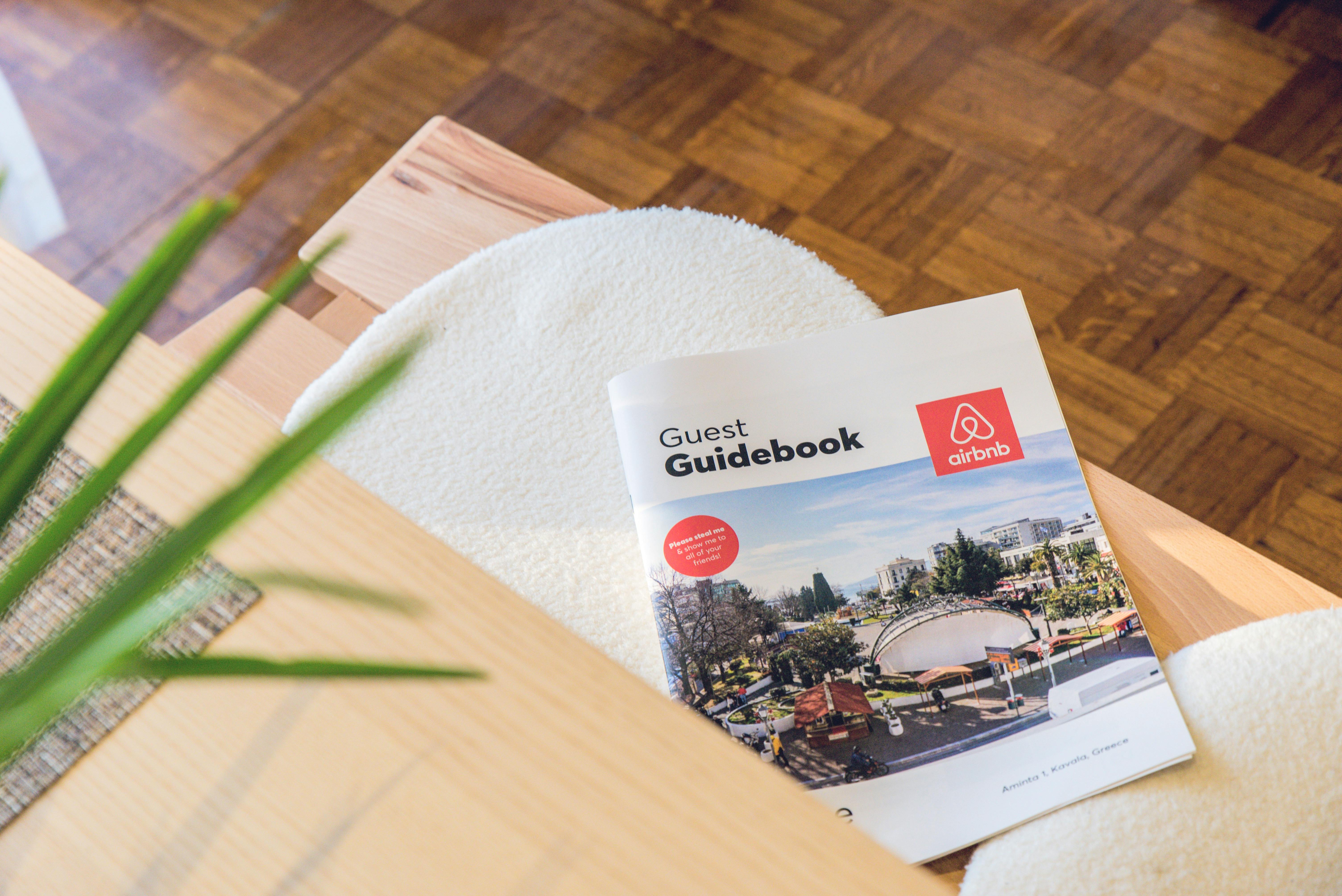

If you own vacation homes in Canada, you’ll probably compare Airbnb and Vrbo Canada. Both can bring bookings for your vacation rental. The better choice depends on what you rent, who you want to attract, and how you manage fees, payouts, and taxes.
Airbnb accepts many property types. You can list an entire place, a private room, a hotel room, or a shared room. That flexibility helps owners who rent a full home and also want to monetize a suite or spare room
Vrbo is built around privacy and full-home stays. Its policy does not support shared-space rentals, which means guests should not share the living areas with a host or other travelers. This makes Vrbo a natural fit for vacation property rentals that offer exclusive access.
In simple terms: Airbnb casts the widest net; Vrbo is focused on whole-home trips. That focus often attracts families and groups planning homes for weekly rental in leisure markets
Airbnb appeals to travelers, especially millennials, who want local, one of a kind stays. Its city listings work well for guests who like being close to restaurants, culture, nightlife, and transit. It also suits business travelers who need fast access to downtown.
Vrbo attracts families and larger groups who prefer everyone under one roof. Its focus on private, full rental vacation homes with multiple bedrooms and shared living spaces makes it a natural fit for longer bookings and weeklong stays.

Airbnb fees vary by setup, but the platform commonly takes a service fee and releases your payout about 24 hours after check-in. Longer stays pay out on a monthly cadence. This timing helps cash flow planning for a property owner running more than one unit.
Vrbo’s pay-per-booking model is straightforward: a 5% commission plus 3% payment processing. Payouts are typically initiated about one business day after the guest checks in, with funds arriving a few days later depending on your bank.
Airbnb’s AirCover for Hosts includes up to US$3M in host damage protection, US$1M in host liability insurance, guest identity verification, and reservation screening. These are strong platform protections, though they do not replace a dedicated short-term rental insurance policy for your vacation homes.
Vrbo provides US$1M in liability coverage on eligible reservations and encourages refundable deposits or separate coverage to handle accidental damage to your property. If you prefer clear, whole-home expectations and use deposits well, Vrbo’s approach can work smoothly.
Airbnb. For Canada, Airbnb added a free 24-hour cancellation window for guests on reservations booked on or after January 20, 2025. The free window applies for up to 24 hours after booking if the reservation was confirmed at least 7 days before check-in. Airbnb also notes that starting October 1, 2025, all standard policies for shorter stays (less than 28 nights) include this 24-hour free period, with some special-case exceptions. Hosts can still choose a policy for short stays and another for long stays in their settings.
Vrbo. Vrbo offers clear policy tiers you select for each listing. Typical options include Relaxed (full refund up to 14 days before check-in), Moderate (full refund up to 30 days), Firm (full refund up to 60 days, then 50% up to 30–60 days), Strict (full refund up to 60 days, none after), and No refund. Cancellations follow the property’s time zone and must be made by 11:59 p.m. to qualify. Vrbo also lets you create seasonal cancellation windows for peak dates like holidays or ski season.
What this means for you is simple. If your calendar fills far in advance and your market has fixed peak weeks, Vrbo’s Firm or Strict options can protect revenue. If you rely on last-minute bookings or serve many city trips, Airbnb’s updated policies with the 24-hour grace period can feel more flexible while still letting you choose how strict you want to be

Airbnb publishes reviews after both sides submit theirs or once the 14-day window ends. Guests also rate specific factors such as cleanliness and communication, which helps future travelers compare listings and helps you spot improvements.
Vrbo works in a similar way. Reviews stay private until both parties submit them or until 14 days have passed. This keeps feedback balanced and encourages fair, timely responses.
Airbnb offers 24/7 support for hosts and guests by phone, web, and chat. You can also use the Resolution Center for disputes and mediation when needed. This gives you a clear path to handle issues without slowing down your operations.
Vrbo provides owner support by phone and online with a help center and case handling for booking questions, cancellations, and guest issues. You get guidance when something goes off track, so you can focus on keeping the calendar full.
Choose Vrbo if your inventory is mainly entire homes like chalets, cottages, lake houses, ski condos with private access and you want longer, often weekly bookings from families or groups. Vrbo’s shared-space policy and whole-home message align with that guest profile.
Choose Airbnb if you want maximum reach across cities and leisure destinations, or if you plan to rent a full home and a private room or suite under the same roof. The broader audience can help smooth seasonality and keep your calendar active.
Many owners list on both platforms. That strategy increases visibility and reduces dependency on a single source of demand for your vacation property rentals. If you go this route, sync calendars to prevent double bookings.
If your focus is homes for weekly rental and you promise full privacy, Vrbo Canada is a natural fit. If you need the biggest audience and the flexibility to list rooms as well as full homes, Airbnb is hard to beat. For many Canadian owners, the winning move is a smart presence on both priced correctly, synced tightly, and supported by proper insurance and tax setup.

We are specialists on Airbnb and Vrbo Canada, and we tailor each listing to the audience that books it. On Vrbo we position your vacation home for families and homes for weekly rental. On Airbnb we capture city breaks, longer stays, and guests who love unique spaces. This match between platform and guest lifts both occupancy and rate.
Your listing is built to convert. We handle pro photos, clear copy, and SEO titles that surface your vacation property rentals in search. Pricing is data driven by season, events, day of week, and lead time. We set cancellation rules that protect revenue without scaring off qualified guests.
Distribution goes beyond the platforms. We publish your property on our direct booking platform, promote it to our email list and social audience, and remarket to past guests. More channels mean more visibility and fewer fees, which improves your net income.
Ready to grow your revenue from Airbnb, Vrbo, and direct bookings? Request a free revenue projection and listing audit today.